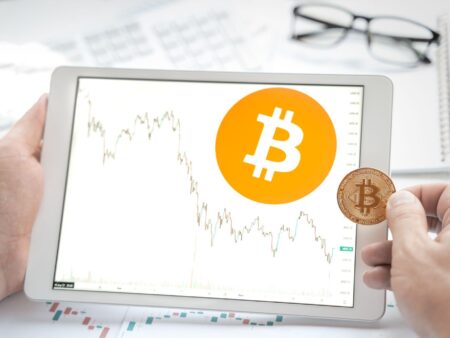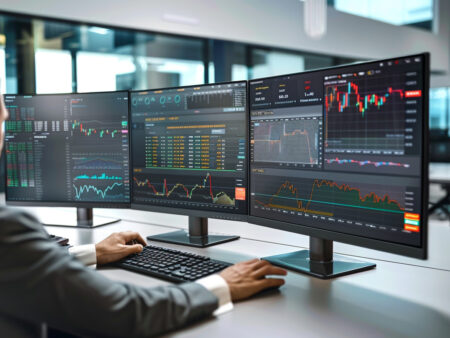
In the rapidly evolving world of finance, trading platforms have become more than just venues for buying and selling assets. They are now pivotal educational hubs, offering an array of resources aimed at bridging the knowledge gap for investors of all levels. This transformation is crucial in empowering users to make informed decisions, navigate the complexities of financial markets, and ultimately, achieve their investment goals. In this comprehensive article, we’ll explore the significance of educational resources in trading platforms, the types of materials provided, and the impact on investor success.
The Importance of Education in Trading
Trading platforms have recognized that the key to a successful investment journey is a well-informed investor. Education plays a vital role in demystifying the financial markets, introducing users to various investment strategies, and explaining the risks involved. This foundational knowledge not only helps in making prudent investment decisions but also in managing expectations and preparing for the volatility inherent in the markets.
Types of Educational Resources Available
Trading platforms offer a diverse range of educational tools and materials designed to cater to both beginners and experienced investors. Each type of resource serves a unique purpose in enhancing the user’s understanding and skills in trading.
Interactive Courses and Webinars
Interactive courses and webinars stand out for their ability to engage users in real-time learning experiences. These resources often cover a wide spectrum of topics, from the basics of stock trading to advanced technical analysis and trading strategies. Webinars also provide an opportunity for participants to ask questions and interact with financial experts, making the learning process more dynamic and personalized.
E-books and Guides
E-books and guides are invaluable for traders who prefer self-paced learning. These comprehensive materials delve into specific subjects in great detail, offering insights and practical advice on various aspects of trading and investment. Whether it’s understanding market indicators, portfolio diversification, or the psychology of trading, e-books and guides serve as essential reference materials for traders.
Video Tutorials
Video tutorials have become increasingly popular due to their visual and auditory learning aspects. These videos range from basic introductions to complex trading concepts and are often segmented into short, digestible modules. This format is particularly effective in demonstrating practical applications, such as using trading platforms, analyzing charts, or executing trades.
Demo Accounts
Demo accounts are a unique educational tool that allows users to experience trading without risking real money. These simulated trading environments offer a safe space for beginners to apply their knowledge, experiment with different strategies, and gain confidence before transitioning to live trading.
The Impact of Educational Resources on Investor Success
The availability of educational resources on trading platforms has a profound impact on investor success. By equipping users with the necessary knowledge and skills, these platforms are leveling the playing field, enabling more individuals to participate in financial markets with confidence. Education not only reduces the risk of costly mistakes but also fosters a more disciplined and strategic approach to trading.
Moreover, the commitment of trading platforms to education reflects a broader trend towards responsible investing. By prioritizing informed decision-making, these platforms are contributing to the overall health and stability of the financial markets.
Navigating the Future of Trading Education
As the financial landscape continues to evolve, so too will the educational offerings of trading platforms. Emerging technologies, such as artificial intelligence and blockchain, are expected to introduce new concepts and strategies that traders will need to understand. In response, trading platforms will likely expand their educational resources to include these advancements, ensuring that investors remain well-informed and ahead of the curve.
Educational resources in trading platforms are more than just ancillary services; they are fundamental components that empower investors, enhance market participation, and promote financial literacy. By bridging the knowledge gap, these platforms are not only facilitating individual success but are also contributing to a more informed, responsible, and resilient investment community. As we look to the future, the role of education in trading will undoubtedly continue to grow, shaping the next generation of investors and the landscape of financial markets.












